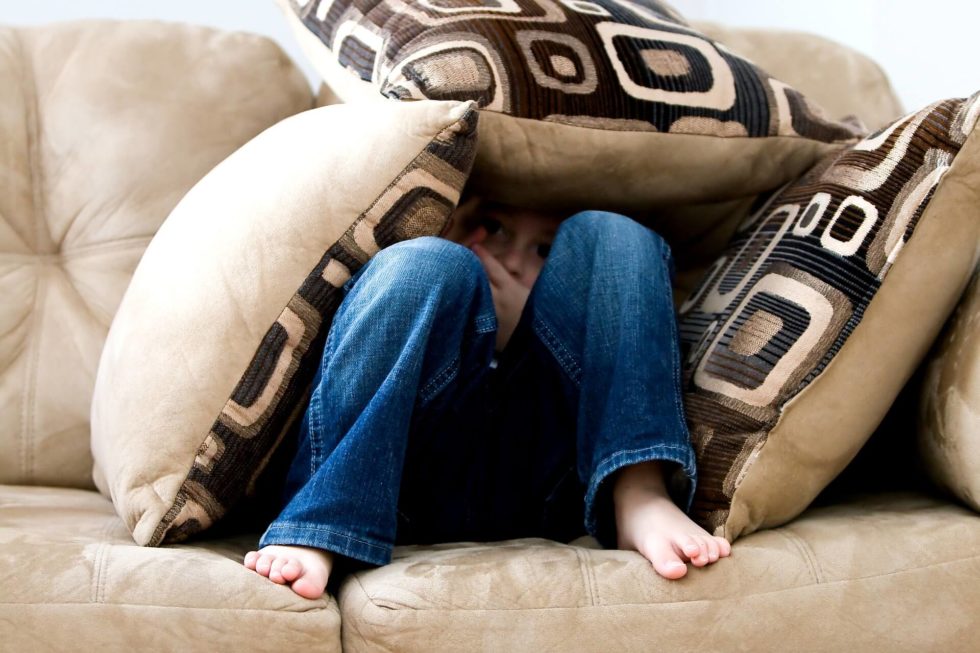
“I’m Not Trying to be Bad”
When my son Jack spoke these words for the first time, they broke my heart. Devastated, I had to leave the room so he wouldn’t see me cry.
Sadness, however, was soon replaced with confusion. Why on earth would Jack think he was bad?
I have always tried really hard to be a very mindful, patient and loving parent. Not once have I ever told Jack he was bad or naughty, or called him names. I’ve never attacked him or criticised him. Or said anything I was conscious of that could do harm. Yes, I’ve gotten frustrated and raised my voice occasionally, but I have never been cruel. And I’ve always apologised for getting mad.
I’ve also spent a lot of time trying to foster our relationship and his self-esteem. I’ve made sure he knows he is loved, wanted, enjoyed, and that I think he is just “the best thing ever!” We are also really close, enjoy each other’s company and have lots of fun together.
But it obviously wasn’t enough.
Somehow Jack was internalising some of the messages he was unintentionally getting from me (and from the world around him) in a negative way, and his self-esteem was suffering.
Having grown up believing there was something innately wrong with me (misjudged, misunderstood, ridiculed, rejected, shamed), I always vowed I would never let my son suffer in this way. So I had a long hard think about what was happening.
I came to realise, when unmedicated, Jack wasn’t internalising all the good messages he was receiving as effectively as I had hoped. It was like they were water off a duck’s back or food slipping off a non-stick frying pan. The negative messages, however, were sticking like super glue: hard and fast. Even gentle redirection was being internalised negatively as he believed he was being bad when he got distracted and couldn’t remember what he was supposed to do.
So I set about trying to change this.
Since that day, I have consciously made the effort to up the amount of positive messages I give Jack and put strategies in place to help these messages become more ‘sticky.’ I have also become even more mindful of what I say and how I say it.
And although it is near impossible not to give Jack redirection, I now use more externalised prompts to decrease the amount of words I have to use, as well as experiment with ways to phrase any redirection so my message has less chance of being taken the wrong way i.e. “Could you do your jobs listed on your wall please?” “Are you cleaning your teeth mate?” “How is unpacking the dishwasher going?” Additionally, I think ahead and try to identify any potential problems that could trigger him emotionally so together we can put in place strategies to avoid the situation or make a plan on how he can best manage it (with or without my help).
Jack and I also talk a lot about our ADHD and the fact it is normal for us to go off track sometimes. That this doesn’t make us bad or silly, it just means we need to use strategies to get us back on track and to help us get things done.
Oh … and I listen more. A lot more.
This approach seems to be working. Not perfect, but better.
Trying to change the messages he gets from the outside world, however, is much harder.
But I’m determined to try.
Here’s hoping ‘Thriving with ADHD’ can become a powerful ripple, that together with the other ripples in the ocean, will contribute to a wave of change.
PS: I think the role of a Parent requires us to be an effective protector, detective, sounding board, problem solver, facilitator, collaborator, teacher, cheerleader and parent coach.
Do you have any other roles to add my list?




Add A Comment